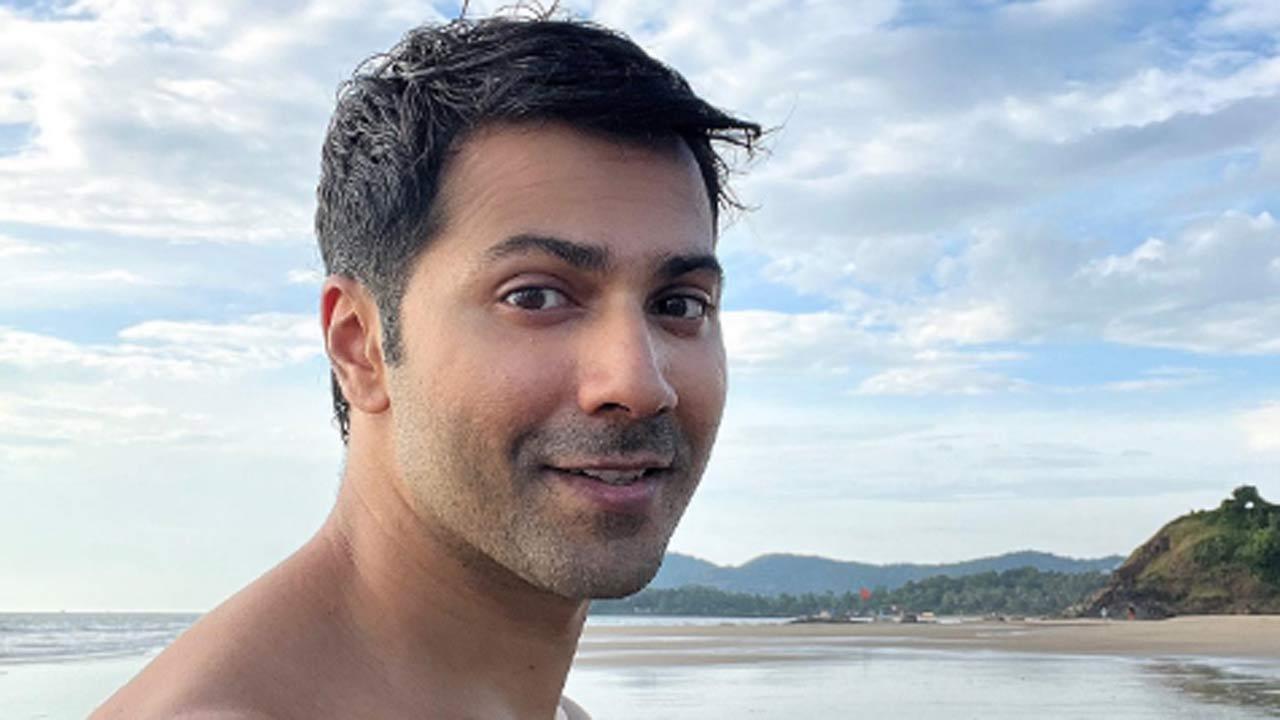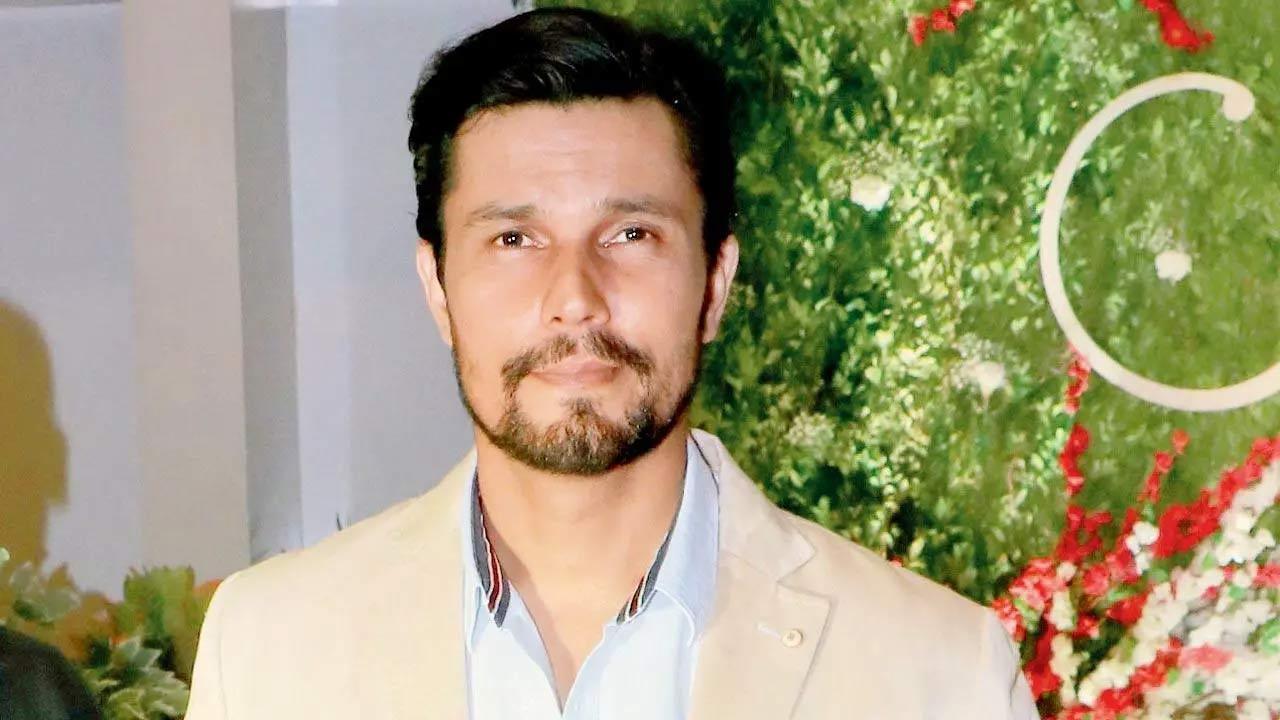The smug, virtue-signalling wellbeing posts on social media are truly something to behold. You know the ones: if it’s not the person posting their run on Strava or the hours of exercise they did on the beach at sunrise while you – a miserable slacker – were sleeping, it’s a seemingly airbrushed acquaintance with salon hair, posting about the radiant breath work they did in some picturesque setting, alongside their daily ice bath, sauna and meditation practise. Whatever it is, the implication is clear: these people are cleaner, healthier, fitter, more motivated, and, dare I say it, better than the rest of us.
It’s comical, but it can have serious implications. There is both pressure and pleasure in the pursuit of wellbeing for Gian Toscano. Credit: Luis Enrique Ascui Alongside nearly 17 million #wellbeing posts on Instagram, increasing literacy around the genuine benefits of wellbeing has become a double-edged sword.
Awareness about the importance of any pursuit often comes with pressure, which is then magnified by what we see on social media. And when it appears that we must look and act a certain way to achieve wellbeing, this pressure can become a deterrent – instead of being inspirational. A new global survey of 16,000 adults found that one in two (45 per cent) are experiencing “wellbeing burnout”.
Fifty-five per cent of Australian respondents reported it, making us the “top burnout zone” out of the 15 countries surveyed. Respondents cited social pressu.


















